NIH Director Francis Collins Says he Would Remain in Post Under Trump
NIH Director Dr. Francis Collins said Friday that it would be a "privilege" to remain in that post if asked to stay by President-elect Donald Trump.
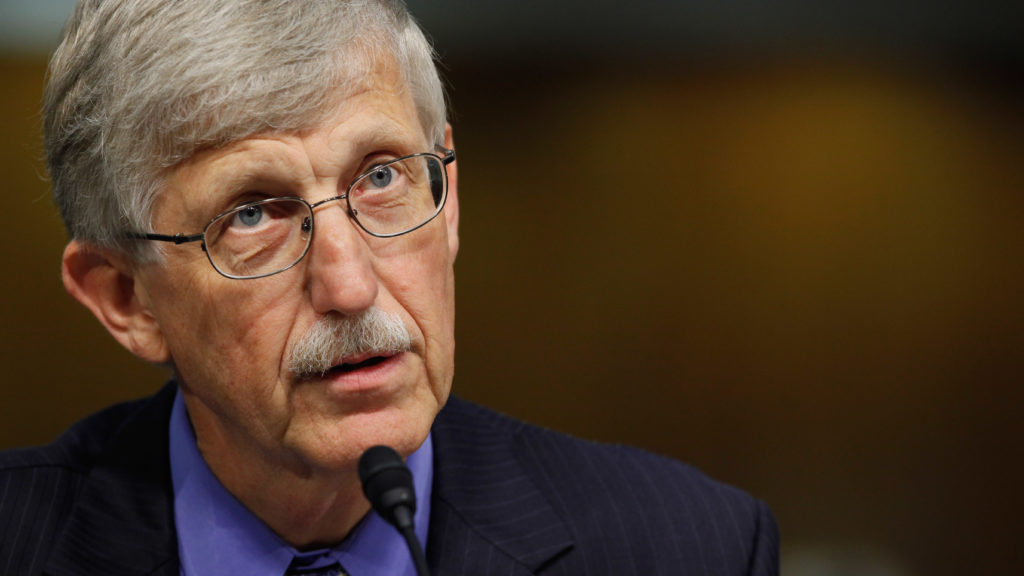
Send us a link
NIH Director Dr. Francis Collins said Friday that it would be a "privilege" to remain in that post if asked to stay by President-elect Donald Trump.

Two features of peer review subvert the goals of science: reviews are kept secret and reviewers are usually anonymous, argues Jeffrey S. Flier.

Science fraud draws attention, but most scientists think it’s a far lesser threat to their field than the many times researchers cut corners.
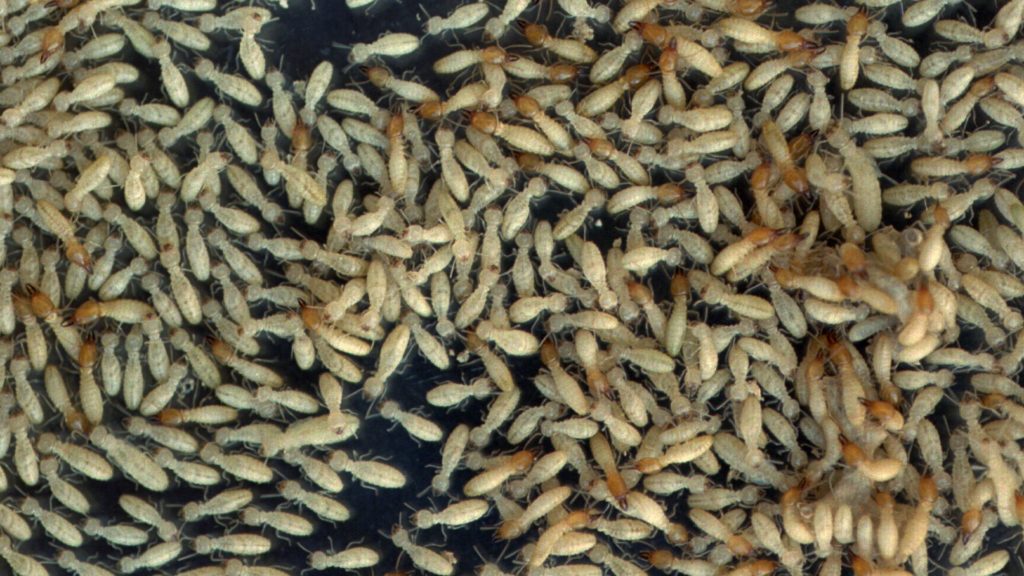
What do Godzilla and scientific peer review have in common? Each ought to be collapsing under its own weight, yet somehow they stand.
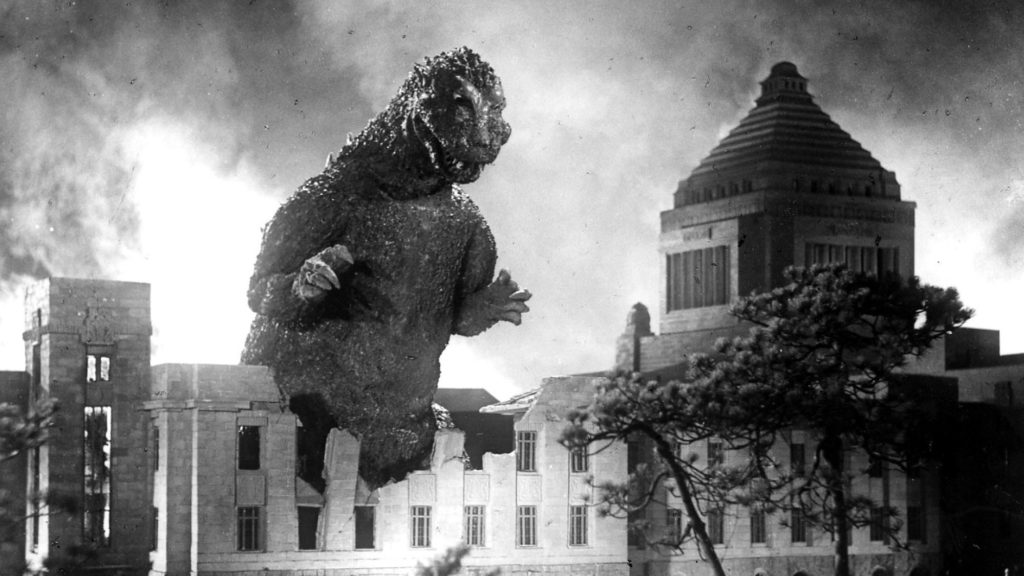
Taking potshots at some scientific research is a pastime of American politics. But critics need to assess the merits of the research they target beforehand.
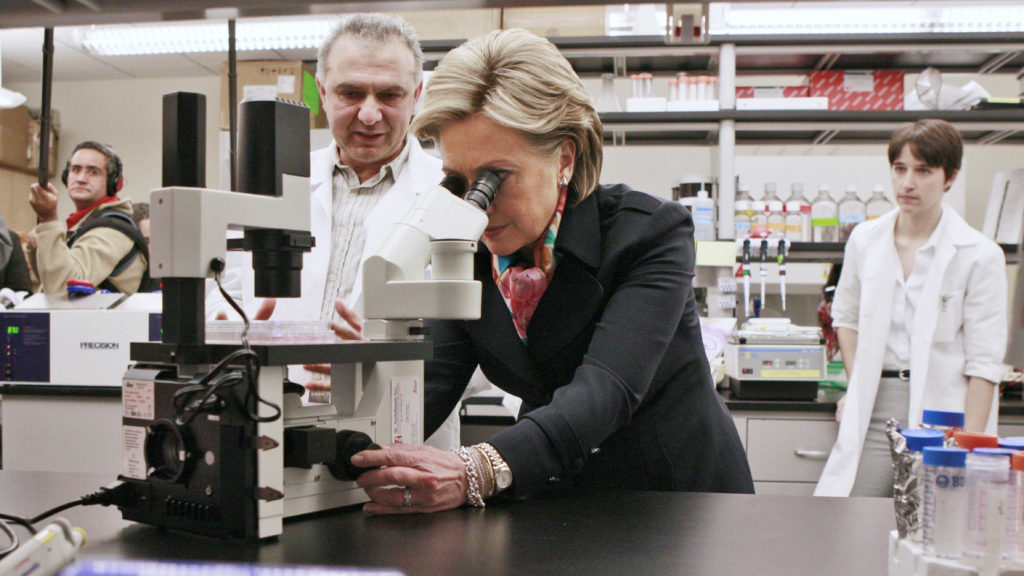
Data sharing rules are vague and institution-specific and permit researchers to erect obstacles that give them effective veto power over use of their data.
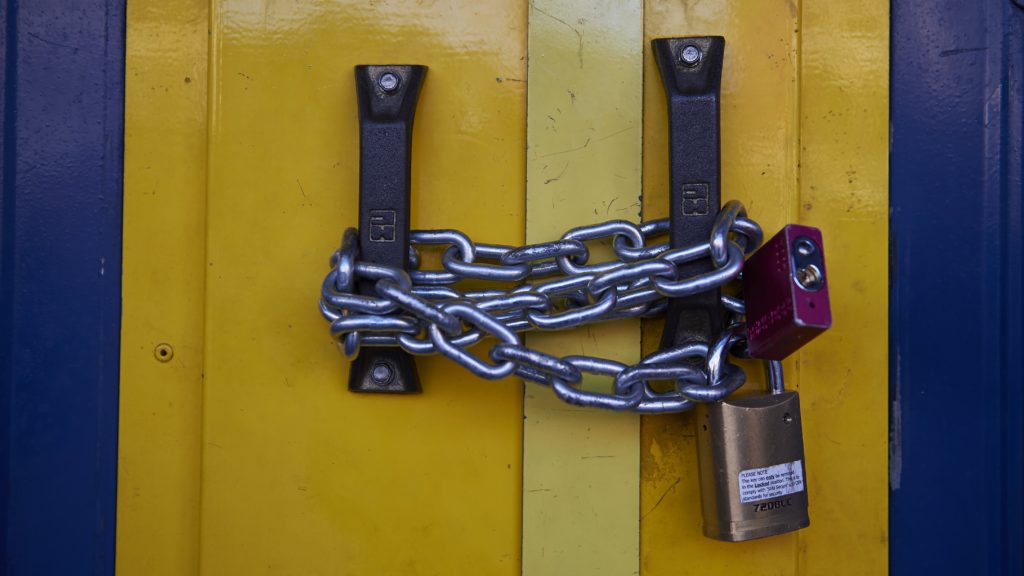
The inaugural Sentinel of Science awards aim to give peer review a bit more luster by showcasing the contributions of reviewers.

Researchers will have to publicly report the results of many more clinical trials under new government rules announced Friday.
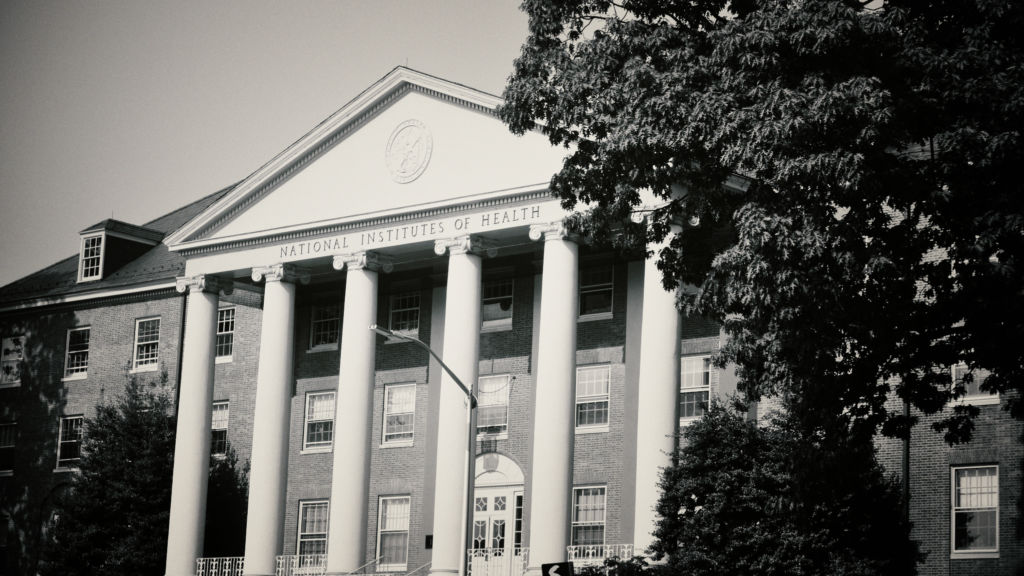
Peer review is a thankless task, but journals have been experimenting with accolades and cash incentives for scientists who serve as peer reviewers.

An editorial argues that data sharing can cripple scientific progress and harm patients, but there are myriad flaws with that reasoning.

Senator Elizabeth Warren called on researchers to make public data they collect while testing drugs and medical devices on patients. Others disagree.

By one estimate, 11 biotech drugs made from the ovary cells of Chinese hamsters generated an incredible $57 billion in sales in 2013 alone.
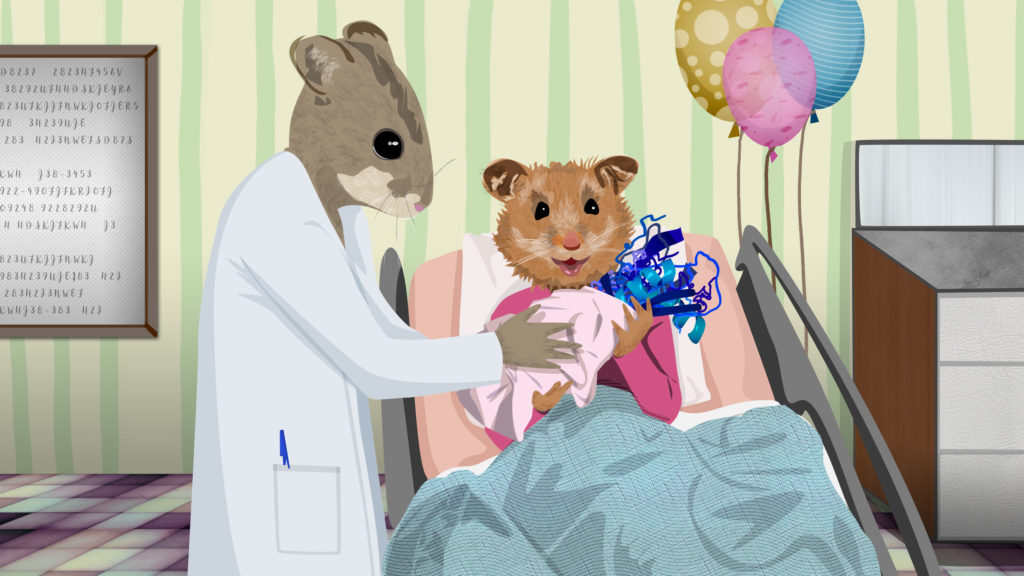
The impact factor is a poor measure of a journal's quality, and academics say it should either be overhauled or done away with entirely.

Research papers in the life sciences have become increasingly dense, potentially making them harder for reviewers to understand.

At a national cancer summit, Vice President Biden threatened to cut funds to medical research institutions that don't report their clinical trial results.
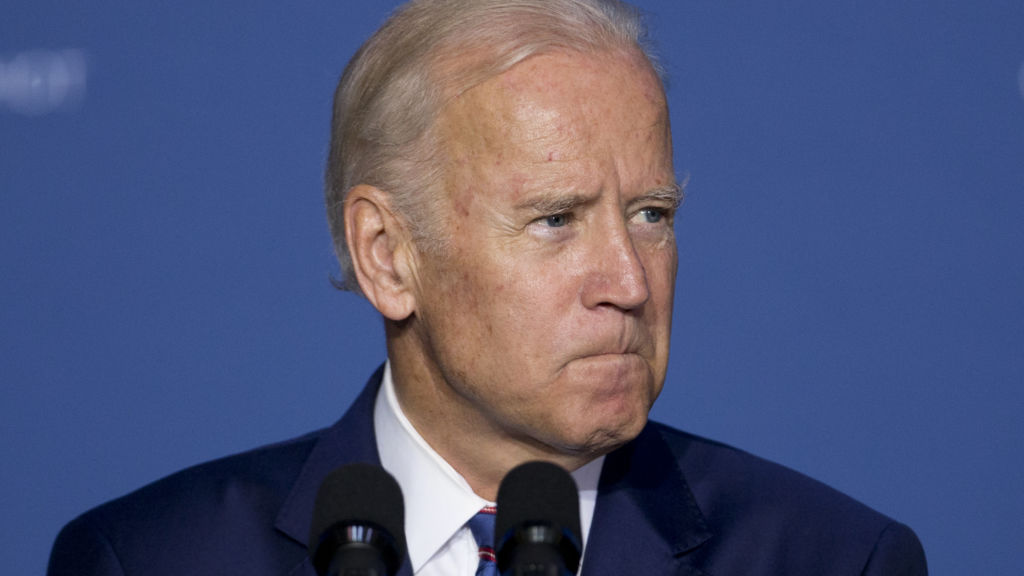
Can scientists who commit research fraud be rehabilitated? One program is trying to keep ex-fraudsters from falling off the wagon.

A homeopathy journal was recently booted from the list of respectable scientific titles — but why was it among the ranks in the first place?
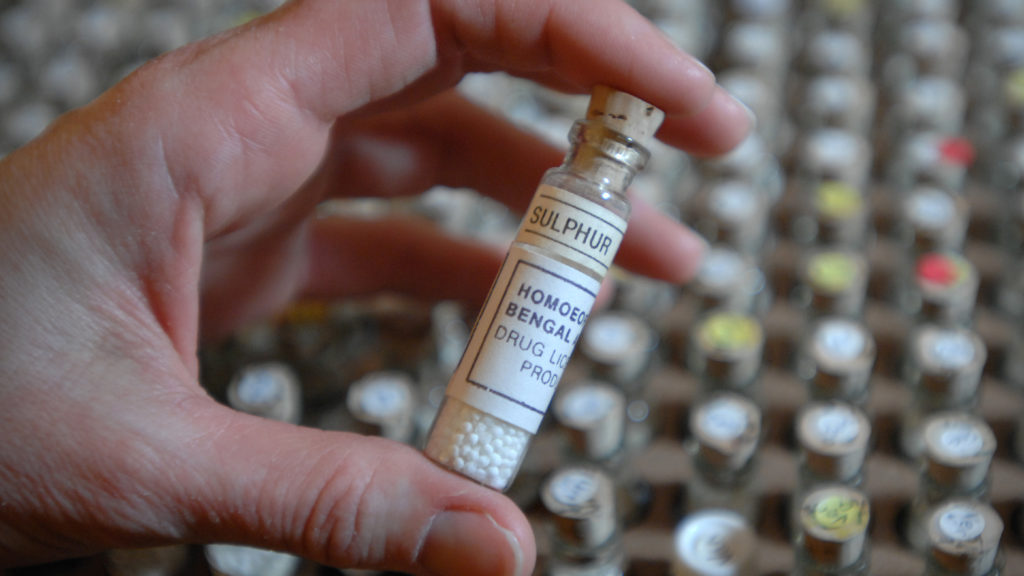
Science appears to be in something of an evolutionary cul-de-sac, mired in poor methodology and misguided objectives that have changed only for the worse.

The current movement to replicate results is crippled by a lack of agreement about the very nature of the word “replication” and its synonyms.

Scientists, journal editors, and funders of research are talking about a once-heretical idea: preprint publishing for biologists.
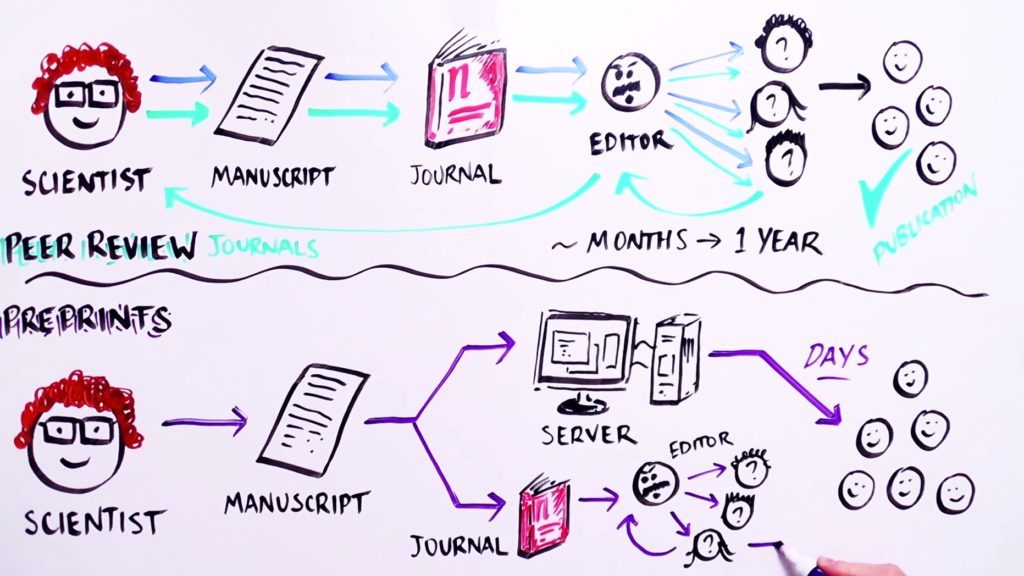
Over the years, the nation has looked toward different kinds of science for its salvation, and science fairs have changed with the times.

Preprints uploaded to a public server without formal review can speed up the sharing of biomedical information without harming the scientific process.

Entrepreneurs in Silicon Valley live by the motto of “Fail fast, fail often." Scientists would do well to likewise embrace failure.
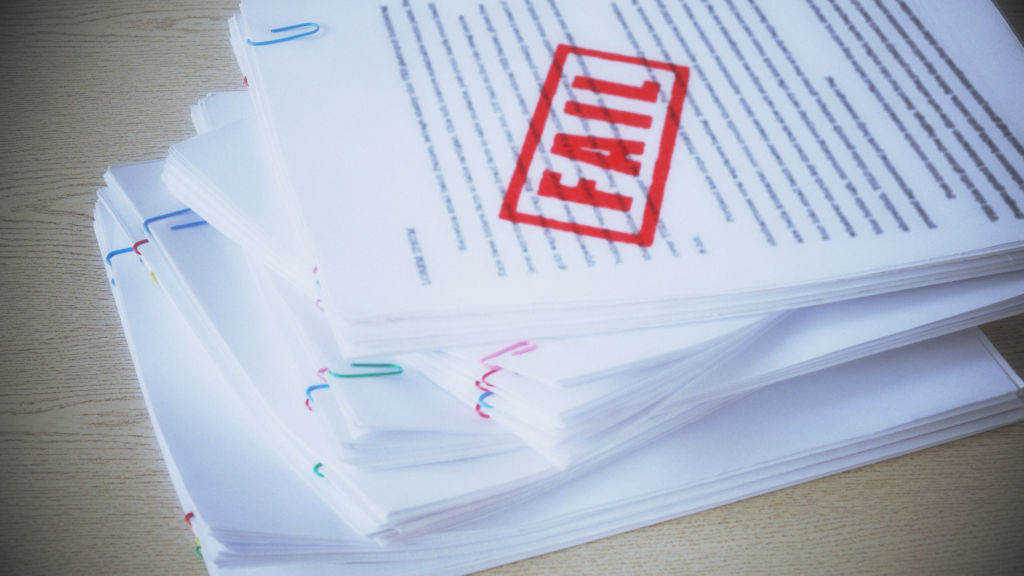
A new analysis finds that 3.8 percent of scientific studies have images duplicated from another paper.

An outspoken biologist uses social media as a megaphone as he calls out his colleagues for hyping their research findings and ignoring women scientists.
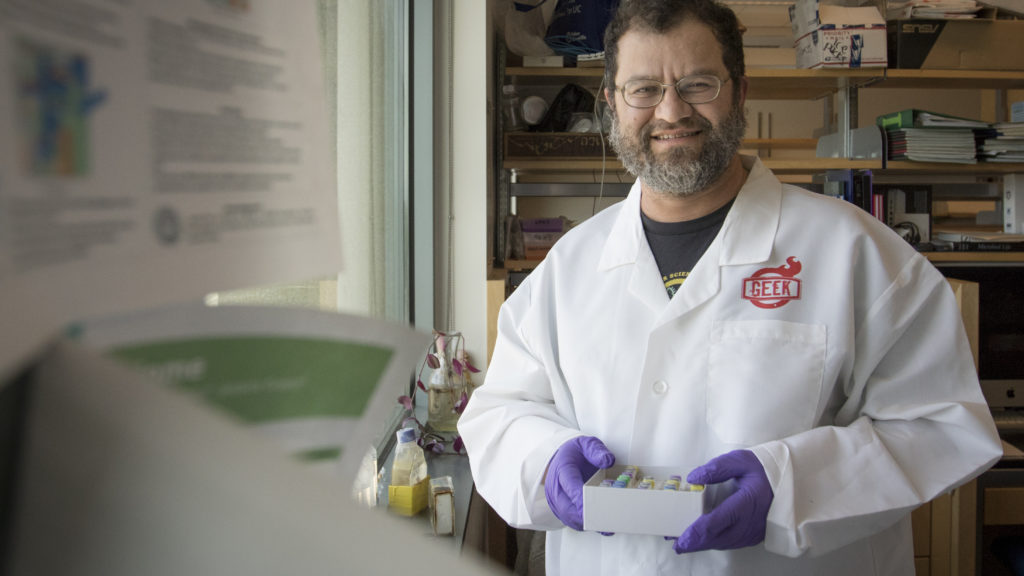
Peer review hacking, where a fake identity is used to write a favorable review, is of growing concern to journal editors.

As the White House prepares for its annual science fair, it's worth remembering that these events leave some children behind.

Two high-profile cases in which universities — who by US law are the ones that must open an investigation into misconduct — stonewalled the effort.
